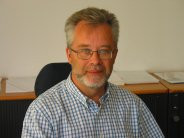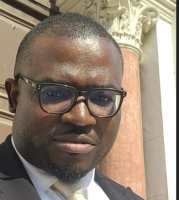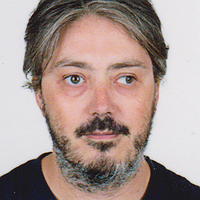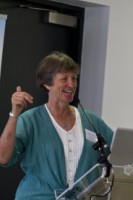Natural Catastrophes
Volcanic Eruption
AXA Projects
Germany
Risk from Volcanic Ash in the Earth System
During transport and upon deposition, ash creates a range of hazards over great distances from the volcano and on various timescales. Recent technological advances now permit the thorough study of ash and have for the first time given access to the main processes that take place during the life cycle of ash. Prof. Donald Dingwell intends to map out these processes in a strictly quantitative and physiochemical manner using a series of experiments performed under controlled laboratory conditions.
He will specifically track the mechanisms of ash generation in the volcano, determining the physical properties and the amount of fine material produced during eruptions. He will also study mechanisms of ash alteration and ash aggregation during transportation and deposition, which are mainly driven by the ash's original properties and interaction with volcanic gases. Finally, Prof. Donald Dingwell will analyze drivers of ash melting and sintering processes as well as the inflammatory potential of ash.
The fundamental stakeholder value of the research is the establishment of a new, robust, physiochemical basis for risk associated with volcanic ash. It involves the science of volcanic ash itself as well as the vulnerability of aviation to volcanic ash events. Prof. Donald Dingwell will generate the basis for a reliable dialogue between scientists and societal stakeholders. If he’s convincing, he may persuade us to act based on well-constrained prior knowledge.
VOLCANIC ASH: FROM ERUPTION TO FLIGHT CHAOS
Discover Pr Dingwell's work through a short video with Dr Corrado Cimarelli who is working in Pr Dingwell's team
To add or modify information on this page, please contact us at the following address: community.research@axa.com

Donald Bruce
DINGWELL
Institution
Ludwig-Maximilians-Universität München
Country
Germany
Nationality
German
Related articles
Renewable Energy
Space & Planetery
Hydropower & Geothermal Energy
Volcanic Eruption
Geology
Post-Doctoral Fellowship
France
Exploring Geothermal Energy in Young European Volcanic Areas
The quest for sustainable and clean energy sources is imperative for our society's future, and geothermal energy holds promise as... Read more

Ekeabino
MOMOH
Universite Toulouse III - Paul Sabatier
Natural Catastrophes
Societal Challenges
Wildfires
Joint Research Initiative
Spain
Understanding Wildfire Risk: A Local-Scale Assessment Framework in Chile
Wildfire is a major hazard across the globe, causing extensive economic, ecological and health impacts. While wildfires are common throughout... Read more

Marcos
RODRIGUES MIMBRERO

